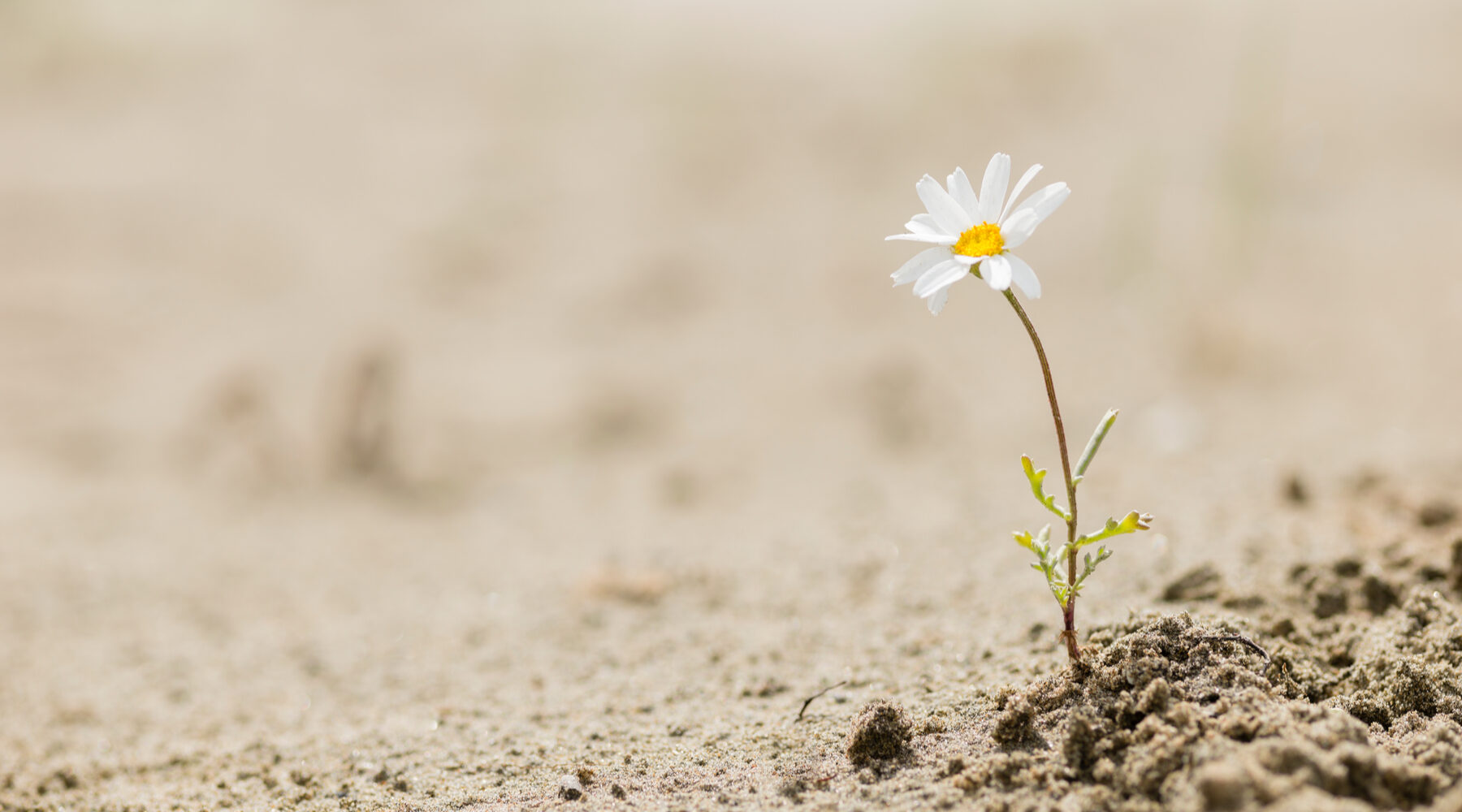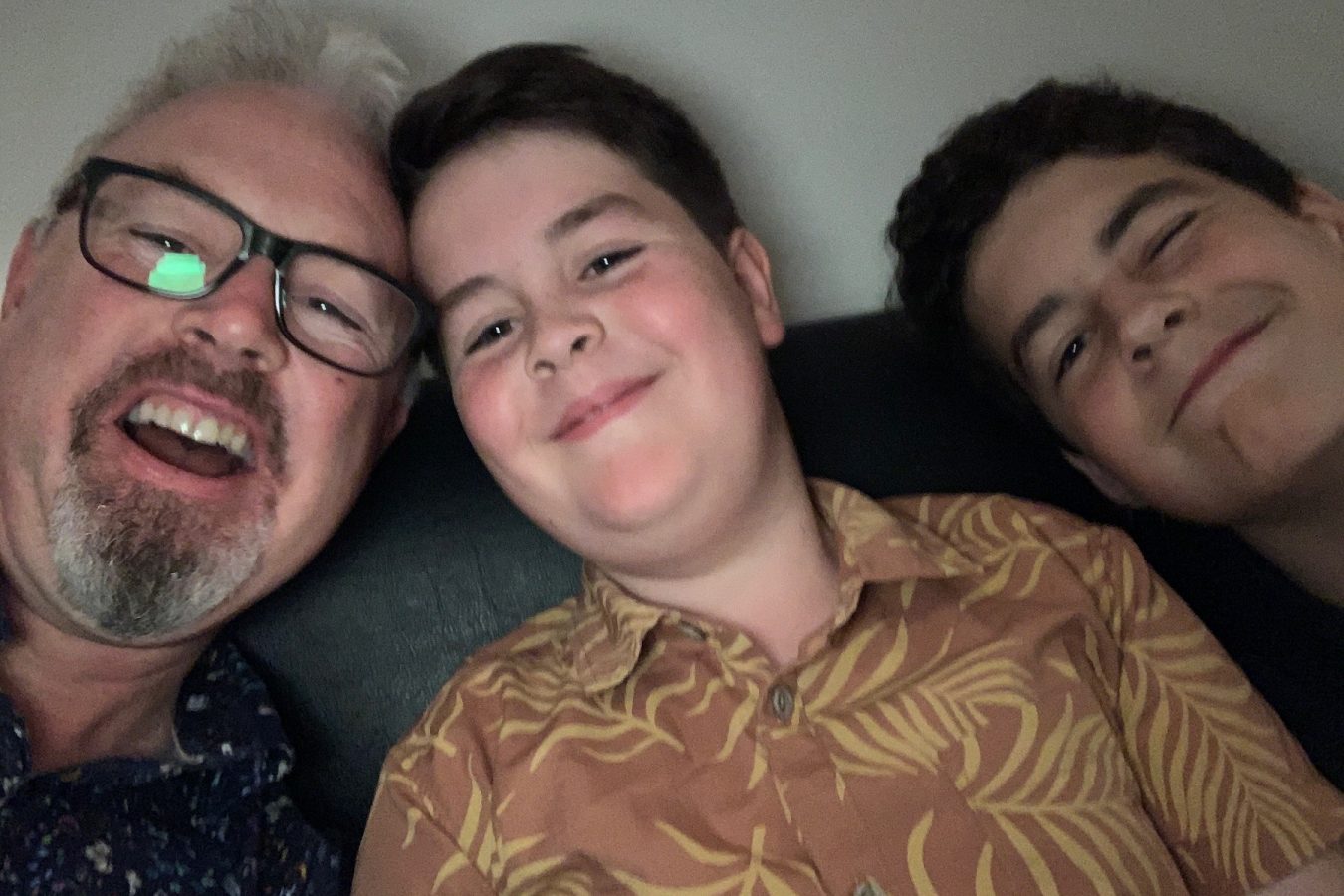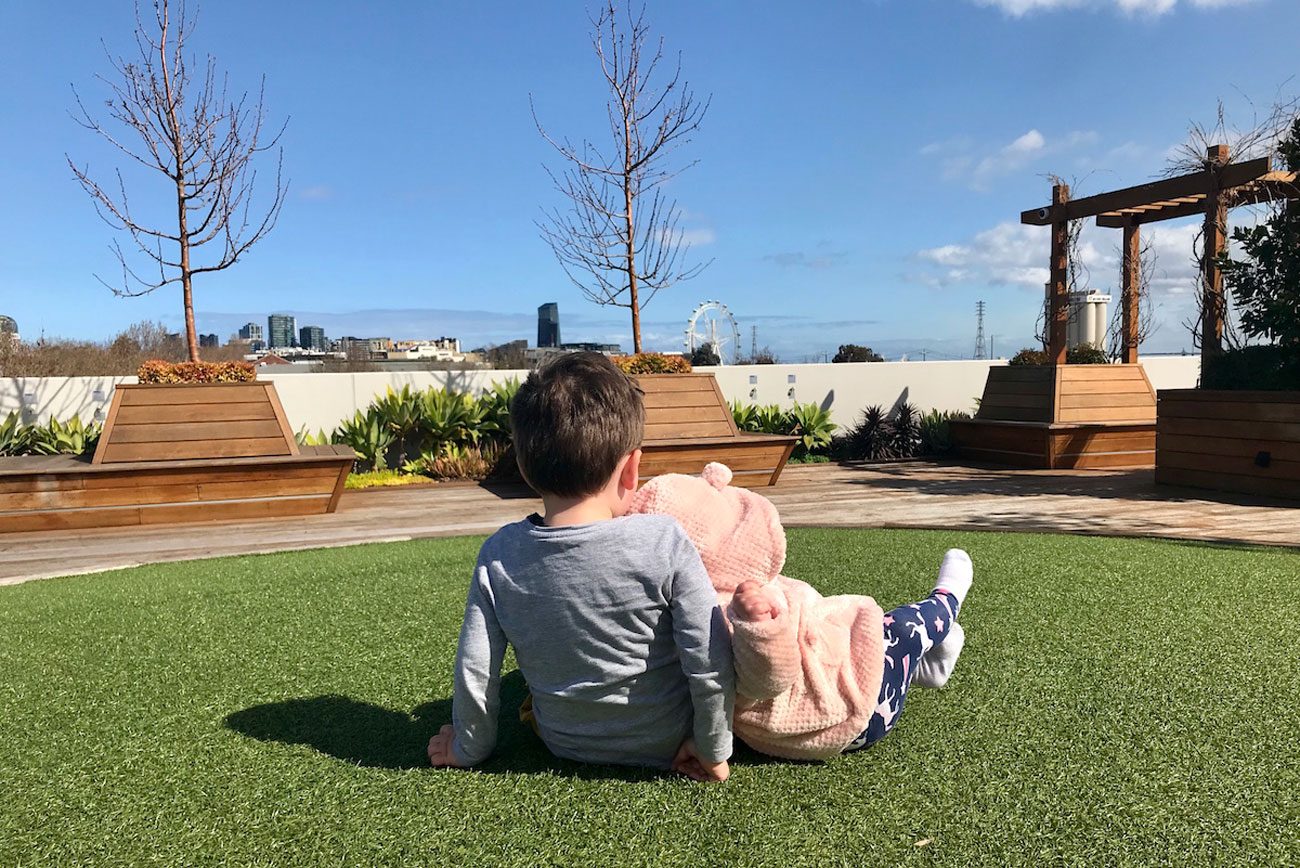
Principal Jim Laussen has watched his teaching staff rise to the challenges of the COVID crisis. He's emboldened by what he's seen, writes Peter Hanlon.
When Jim Laussen was wondering how to thank his Overnewton Anglican Community College staff for their unprecedented toil throughout the most challenging of school terms, he recalled a comment made by Victoria’s Minister for Education.
‘It was midway through term two, James Merlino said, “You’ve got five weeks until the end of term, and it will be the most deserved vacation in the history of education,”’ Jim Laussen says. ‘It was delightful the way he put it. On the last day of term two I managed to send it to all of my staff.’
Jim Laussen is in his 40th year as an educator, with half of those spent as a principal. Chalk was the teacher’s primary tool when he started out, used on blackboards on rotation – fill one, pull the next one down and carry on. The Zoom lessons of recent distanced learning days make those dusty classrooms seem like memories in monochrome.
He knows he is blessed with a staff – 350 across two campuses, including 220 teachers – whose commitment saw them work 10-to-12-hour days preparing and delivering lessons remotely during the term two Covid-19 school shutdown. Returning to the classroom carried its own stresses, underscored by the spike in cases that forced some schools to again close their doors.
The word he arrives at to describe how his teachers were feeling as they limped to their mid-year break is not surprising. ‘Exhausted.’ Nothing in the tea leaves suggests 2020 is going to suddenly become a walk in the park.
Yet the way his staff have navigated a foreign and uncertain path emboldens him, instilling hope that it’s not only students who can emerge from this strange time with a resilience that will serve them well in the classroom and beyond, but teachers too.
Lean on each other
Just before the mid-year break, Jim was chatting to a first-year teacher for whom the pandemic landed when she was not only new to the school, but new to the profession as well.
She was in the midst of learning the culture and dynamics of a new workplace, getting to know students who in turn were adjusting to a new teacher, when bang! – lockdown landed. In a message to the Overnewton community, Jim noted that no teacher had been trained for the distanced learning that followed.
‘I asked how she has coped,’ he says. ‘She made the comment about how wonderful her new colleagues have been, just watching over her. Without being trite, she had the advantage that she’s been taught in a digital world so that side of things wasn’t new to her. But certainly the support of her colleagues was crucial.’
Show empathy
Jim Laussen is grateful that he still teaches (Year 11 Religion and Ethics). It has given him an even stronger connection with his staff, with whom he can interact as a peer as well as a leader.
‘To be able to deliver a message to all of my staff and say, “I understand what you’re going through, I hate the fact that I’m not standing in front of my class,’ has been very helpful. When you’re running a Zoom lesson into 22 students’ homes, and not all of them have turned their screen on so you can’t even see their faces, it’s a challenge.
‘I was able to say to my staff, “I’ve got one class only, some of you have five classes that you’re trying to connect to. I can appreciate how hard it must be.”’
Learn from this
A consequence of the remote learning experience was an absence of typical behavioural management issues around the conflicts that occur in the classroom and playground. Jim Laussen implored his staff to capitalise on positive teacher-student interactions and believes students can do likewise.
‘When my staff came back to school I said build on that, don’t fall back into old patterns of expectations with certain kids, because some of them have thrived learning from home. Similarly. I’ve had conversations with kids who have worked out that the old friendship group perhaps isn’t the best friendship group for them, and they’ve made a conscious decision to change groups.’
He envisages a fuller understanding from parents – and hopefully greater appreciation – of not only the work teachers do, but how they manage the particular needs of so many. Jim hopes the unforeseen changes forced upon education won’t be discarded when the pandemic subsides.
‘We have to ask what are the things that have worked incredibly well that we must never lose. What are some of the practices we’ve had as part of our daily culture that we don’t ever need to revisit? And what are the new things that work?
‘Zoom meetings, team meetings – is there a reason we need to get rid of those? Is there a reason we can’t continue to interact with our children in those spaces? How do we make sure we don’t slip back into old patterns? That’s a really interesting conversation to have.’
Jim Laussen is also a board member of Independent Schools Victoria.
Like this post? Please share using the buttons on this page.
Find more resources on The Parents Website
For teachers
Andrew Fuller: remote learning tips and ideas for teachers
Resilience, commitment and hardwork: how teachers are meeting the challenge in these strange times
Learning from home and returning to the classroom
Andrew Fuller: a parent guide to learning from home
Five tips for parents to support learning at home
Going global: Top tips for learning at home
Learning at home: Our big list of great resources
How boredom can inspire creativity
At home with the little ones? Great ideas to keep the learning routine going – and have fun
Andrew Fuller: Seven things for a smooth transition back to school-based learning
Lessons from Lockdown: the good things we’ve discovered
Subscribe to The Parents Website


